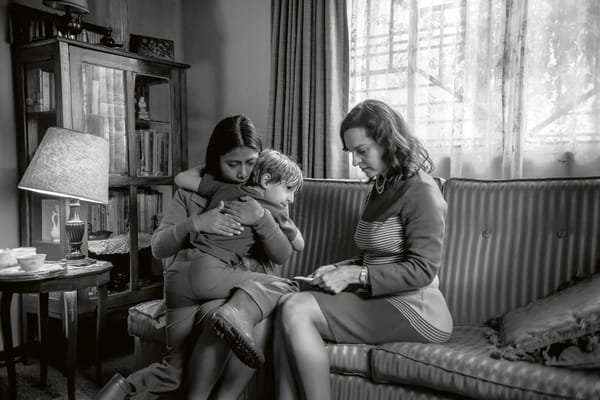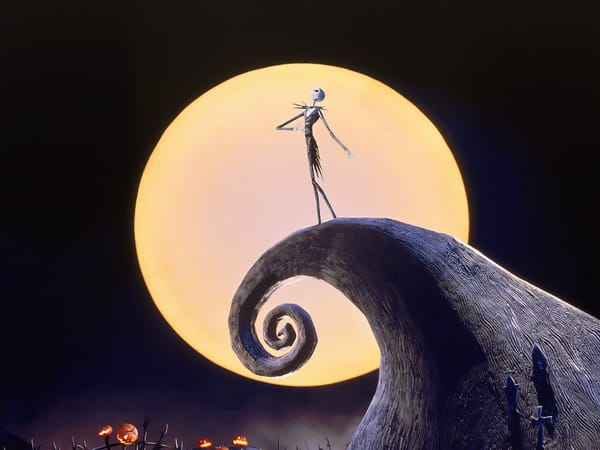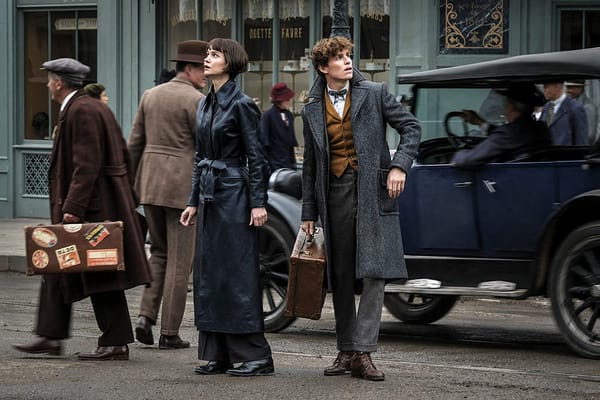The (Oscars’) Favourite
Film Writer Rowan Dixon reviews The Favourite, a serious awards contender. Are mainstream critics wrong about this seemingly subversive historical drama?

The Favourite is a miss-match of fish eye videography, royal lesbian sex, aristocratic duck racing and some kickass wheelchairs. This film is quite simply all about who Queen Anne’s best friend is, battled out between Sarah Churchill, the queen’s longest and closest friend, and Abigail Masham, a servant from what was a rich and powerful family. Through a mix of gentle verbal manipulation, oral sex and good old-fashioned lying, Masham works her way up from being a simple servant to being a close friend of the Queen. This causes friction with Churchill, who is effectively running the country for Anne and has devoted her life to serving her. Anne, as we discover over the course of the film (or if you’re a history buff already know), has had an incredibly unfortunate life. She has had at least 17 pregnancies, most ending in miscarriages, and the very few that were born died within a few months. To fill this gap she has many rabbits, 17 to be exact, who live in her bedroom and occasionally steal the show away from the main characters. Whilst the queen is in mental breakdown and Masham and Churchill battle out who is The Favourite, there is a war going on between England and France, which coincidentally is being organised by Churchill’s husband.
Yet despite strong acting talent, the film is let down by its script. The dialogue is slow and all the jokes end up falling flat on their face, literally in one case. The saving grace of this film, and the only reason I didn’t walk out, was Rachael Weisz’s character, Sarah Churchill. Sarah is one badass character; she is running the country, has multiple politicians in her pocket and is one hell of a good shot, all whilst having a perfectly twisted sense of humour. Weisz’s performance is perfect, she dominates the screen and, dare I say, gives a better performance than Olivia Coleman. That’s not to say Colman’s portrayal of Queen Anne is poor, far from it— Coleman plays the part of the emotionally unstable and childish monarch in a very dramatic manner, which at times is so dramatic it’s almost amusing to watch. You may have noticed by now that there is a theme going on– no men. That’s not to say there aren’t any male roles (there are), but they have been delegated to the comical roles and always have an air of incompetence. They are always running around after the matriarchs of the film, wearing ‘silly’ wigs and covered in powder makeup, subverting the historical views of 18th century society.
Writing this review was hard. On one hand the acting is very good and the costumes are exceptional but I can’t get my head around how dull it is, and to make it even harder I can’t point my finger at any specific fault, which leads me to conclude that my 2 hours of boredom was due to the script. I know the script has already been partially dictated by history, but there are so many wonderful historically accurate films out there that are such a joy to watch that I really can’t understand why this made me want to leave the cinema and take the hit on my £7.99 ticket. That money could have been spent on something much better, like any other film I have seen in the past year, and I watched The Room…. If you have made it this far through the review then by now you shouldn’t need me to tell you to save your money and go to KFC instead, but just in case, don’t bother watching it! The only reason I would recommend this film to anyone is if you want to hear some swearing, and you get that for free and in much more abundance in the street. There is the fact that it is pretty historically accurate in the broad sense, but what exactly went on inside the walls of the palace and how long some guys last whilst being jacked off on their wedding night is anyone’s guess. If you want to watch a historical film then there are hundreds out there which are much more exciting and enjoyable to watch, but if you want to know more about the early 1700s save yourself 120 minutes and just google it.
-2 stars







